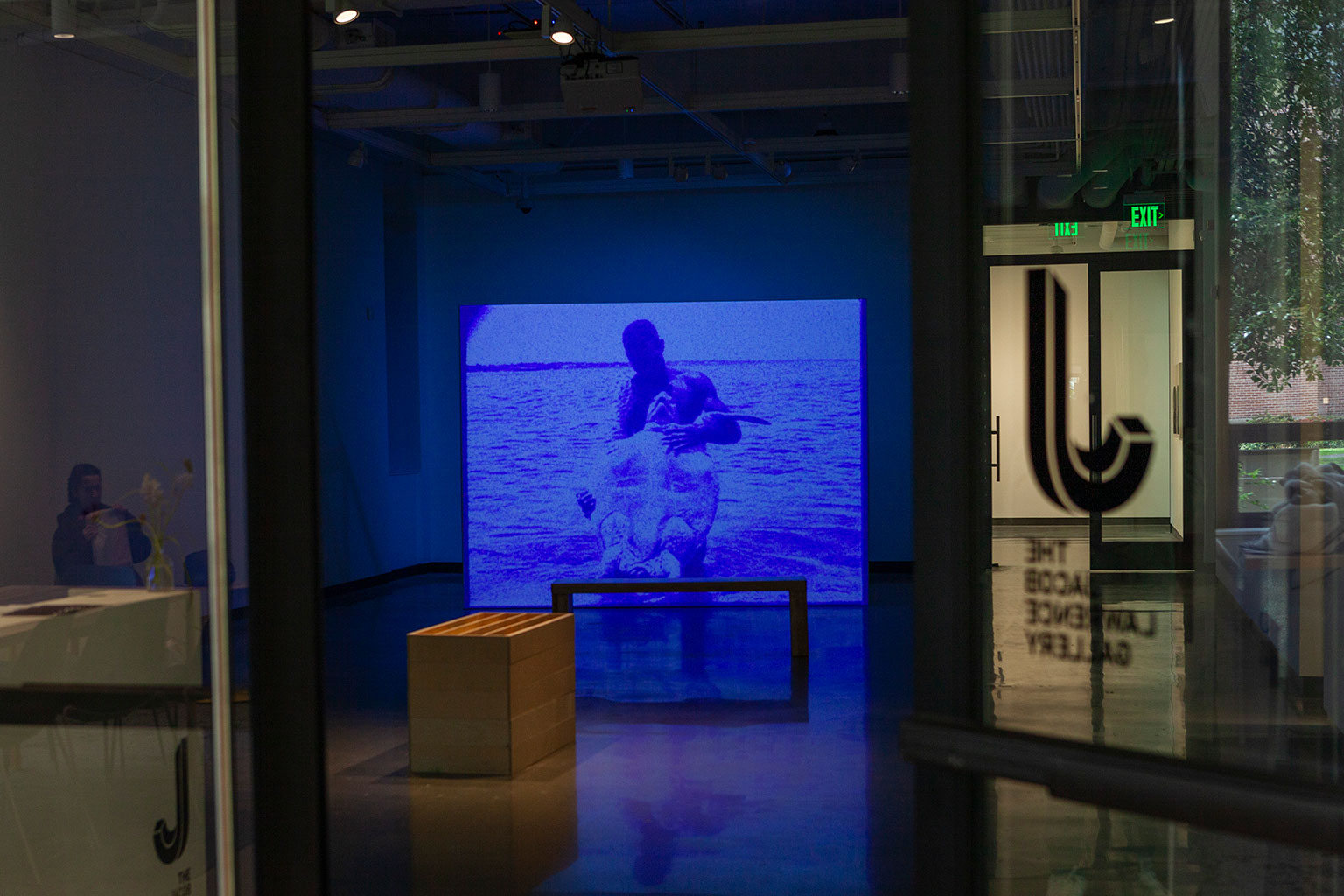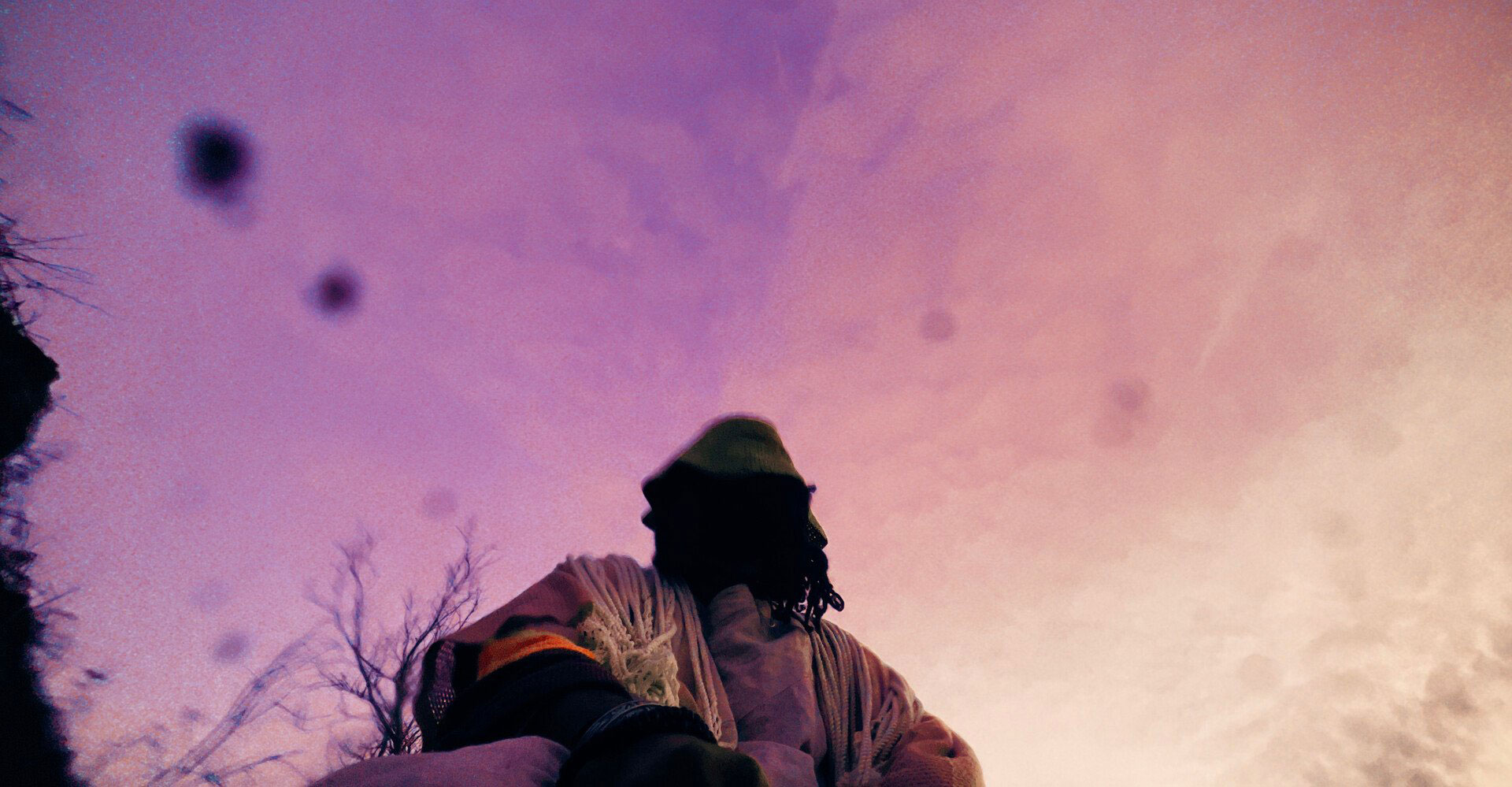 Stuart Howard, or better known as Essex’s Lapalux, has been refining and experimenting with electronic music for quite some time now, and he’s no stranger to diverse and fringe technological music — which is both a blessing and a curse on When You’re Gone.
Stuart Howard, or better known as Essex’s Lapalux, has been refining and experimenting with electronic music for quite some time now, and he’s no stranger to diverse and fringe technological music — which is both a blessing and a curse on When You’re Gone.
It’s strange trying to critique this album as a whole package, as various listens reveal little in the way of a single theme or identity. While one track bounces around between R&B and hip-hop, the next song which might be drum n’ bass or glitch house. As singles — as a track and not a package — Lapalux has done some of his best work on When You’re Gone, but trying to convince anybody that the album is a coherent work is nearly impossible. The album’s opening track, “102 Hours of Introductions,” begins as an ambient and pleasing, rain drop-sampling song before quickly shifting into a more beat-driven piece. It goes from Air to Shabazz Palaces at the drop of a hat, for better or worse. There are more traditional, vocal driven tracks as well. “Moments” features the voice of PY and boarders on an electropop sort of vibe, certainly the most immediately approachable song on the album. Even between those first two tracks on the album, it’s obvious that Howard’s influences are wide spread. Listen to “Gone” and you’ll hear everything from goth to Balearic, a strange but well-executed mix.
Listen to Lapalux’s “Gutter Glitter” – DOWNLOAD MP3
“Yellow 90’s” is far and away the album’s most brilliant moment, a soft but sharp electronic soundscape. For the first, and nearly the only time on When You’re Gone, Howard is onto something completely original. While it continues to drift in and out of different genres, the way in which “Yellow 90’s” uses filtering and sample pitching to juxtapose the sunny backdrop of piano keys and glistening synths is nothing short brilliant and catchy. Howard tries many times to capture this same sort of nonsensical rhythm, but most tracks fall flat or are too transparent to be taken seriously. Not only is Lapalux experimenting with different genres on the album, but it appears as though he’s still experimenting with what he wants to accomplish with his music. Howard is an incredible producer and every track is executed well, almost meticulously so. But very few of those tracks stand out, and as a whole, they paint a blurry and unfinished picture. The future is bright for Lapalux, as the project can basically be taken in any direction possible, but I can’t help from wishing When You’re Gone was the moment Howard decided to focus his efforts.






